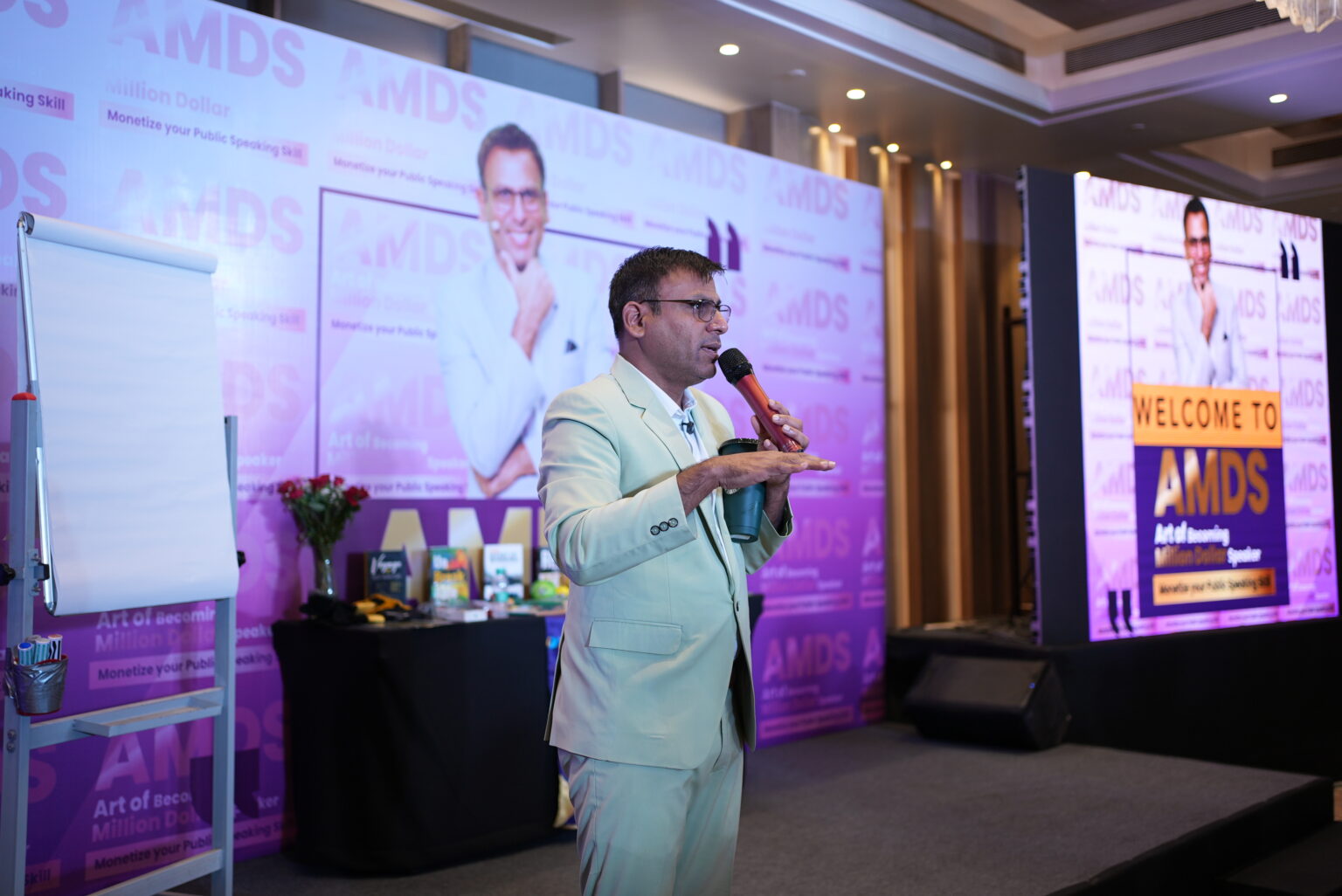Have you ever said something only to realise that the other person didn’t get your message at all and completely misunderstood it? Happens with the best of us. But what is verbal communication?
Verbal communication involves using spoken or written words to craft and convey a message. It is a vast topic and includes everything from the tone of your voice to the way you craft your sentences.
Verbal communication has become an essential skill in both professional and personal spaces. It is the key to the workplace and relationships, helping to build better relationships and a better workplace environment.
Becoming an expert at verbal communication requires dedication and constant effort. Here are the top 6 verbal communication skills for success:
-
Scan the Room
This is an essential component in verbal communication and can help you tailor and personalise your message in many ways, as different people have different attitudes, perspectives, and reactions to your words.
If you are giving a presentation and notice some people are confused or lost, it is essential to pause and ask if anyone has any questions. Adjust your content accordingly to ensure you and your audience are on the same page.
-
Know your Audience
Most beginners tend to ignore this, but it’s very important to consider and understand the audience you will speak to. You know what’s best to say and communicate when you analyse and research your audience.
People may interpret your ideas and messages differently due to cultural differences, background, age, or socioeconomic status. In a country like India, where diversity is one of its main features, adapting to different audiences becomes even more crucial.
-
Stay Simple and to the Point
If you want your verbal communication to be effective, then it is a good practice to keep your content or message direct and concise. This will help remove the probability of miscommunication or misunderstandings.
Let’s say you are giving instructions to your new employee. Explain the objective clearly while providing details like the due date, time, etc. There is no need to offer more information than they need.
-
Know Precisely What to Say
It is always better to clearly understand what you will say before proceeding to the stage or in a conversation. You must order your words correctly and precisely.
This will clarify your message and help your audience and others understand you better.
-
Actively Listening
During my research in verbal communication, I discovered that hearing and listening are two very separate things. Active listening is an action that, when practised, helps us absorb and understand the message being conveyed.
Active listening is a crucial part of verbal communication, and mastering it can help you become an even better communicator. It helps you not only catch essential information when in a conversation but also craft appropriate responses.
-
Avoid Complex Words or Acronyms
Many beginners often forget that not everyone knows all the complex words or terms they might know. If specific acronyms or short forms are regularly tossed around, this doesn’t mean that everyone knows them.
Even if you think your audience might understand those short forms or words, it’s always better to craft your message or talk like you are talking to someone new to the industry or the topic.
In conclusion, all I can say is that Verbal communication is a skill that can shape your career, help you build strong relationships, and improve your daily interactions. Every skill plays a crucial role in verbal communication, from scanning the room to understanding your audience.
Staying to the point, clear and intentional with your words can help you build leverage and credibility, and skills like active listening and avoiding overly complex words are often overlooked.
Mastering these skills and techniques can become your most potent tool, helping you respond better and connect with your audience more deeply.
Remember, effective verbal communication is not just about speaking; it’s about being understood, respected, and remembered.

